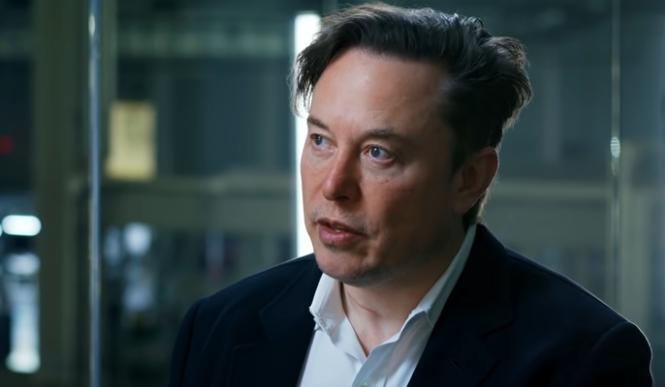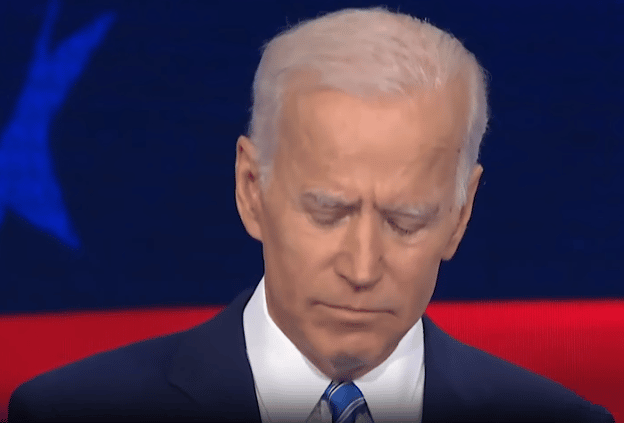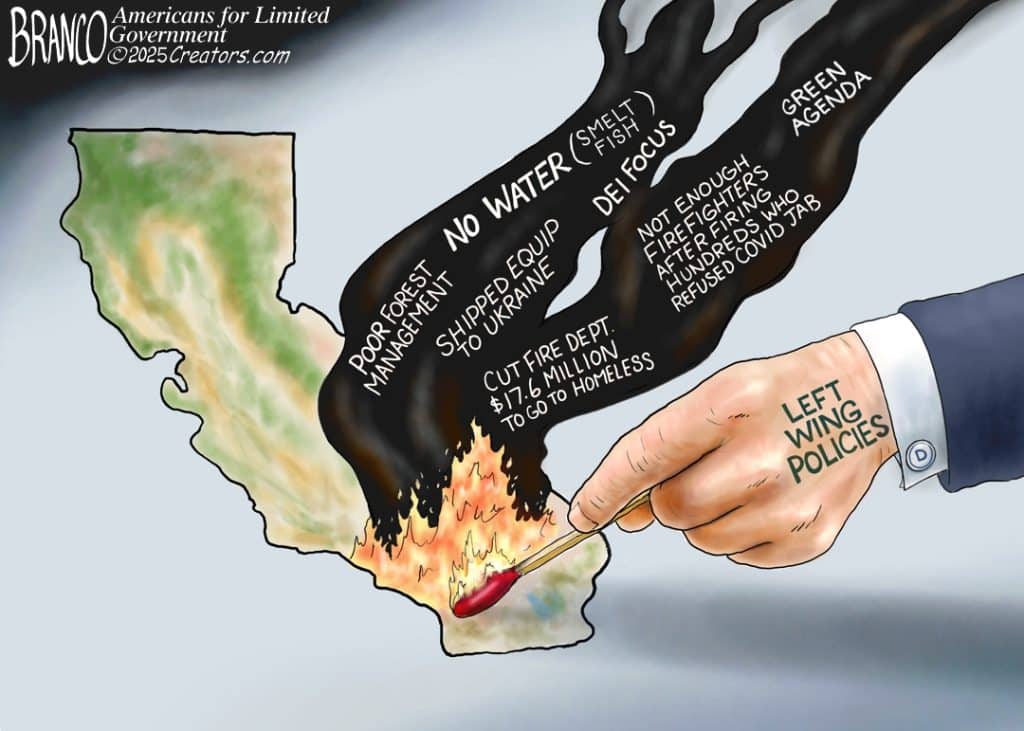
January 10, 2025
Permission to republish original opeds and cartoons granted.
DOGE and the Massive Deficit Problem
| 
|
|
Elon Musk and Vivek Ramaswamy’s Department of Government Efficiency (DOGE) group has received a tremendous amount of attention in the weeks leading up to President Trump’s inauguration, but will their proposals have a place in the early congressional calendar? Will they be largely implemented administratively, or will they be ignored entirely? It is likely that House and Senate appropriators will seek to implement some DOGE recommendations in both the March government funding bill(s) and as part of any package to extend the national debt ceiling which hits near the beginning of the new administration. Proposals that focus upon specific wasteful spending would also fit into the Budget Reconciliation Act which is being prepared by both Houses of Congress alongside the incoming administration, so there are adequate must pass legislative opportunities to make some changes that do more than just skirt around the edges of the overall big government problem. However, based upon publicly reported conversations surrounding the Budget Reconciliation Act, there is scant attention being paid to essential swamp draining proposals like cutting the overall federal bureaucracy by 20 percent or more. Elected officials seemingly prefer to wait to see if the civil service quit rate due to back to office requirements, which ends bureaucrats work from home status, creates a defacto reduction in force. |
Biden Economy Ends With A Whimper As 1.1 Million More Unemployed Since Jan. 2023
| 
|
|
The December 2024 employment situation report by the Bureau of Labor Statistics marks the last jobs numbers that outgoing President Joe Biden will receive with an economy that appears to be past or nearly past peak employment, with 1.1 million more Americans saying they’re unemployed since Jan. 2023. That’s usually what happens after peak inflation, which was recorded in June 2022 at an annual 9.1 percent rate. Since then, the rate of inflation has slowed to 2.7 percent in November, although prices are still far above where they were and incomes and wages still have largely not caught up. But generally, after peak inflation, demand maxes out, spending slows, price increases cool and labor markets react by shedding jobs. Eventually, these cycles usually culminate in recessions although there are exceptions in the record where unemployment started increasing but then decreased again before the next recession, which occurred following the 1990-1991 and the 2000-2001 recessions where unemployment kept rising even after the recessions were over and then decreased. In the record, however, one cannot find an example of inflation peaking and then unemployment rising as it is now and not get a recession. For incoming President Donald Trump, that means there could still be challenges ahead, and so quick action on his economic program to boost U.S. production of energy and food and curtail money printing spendathons in Congress can help to keep prices going in the right direction, and lower taxes so that even if there is a slowdown or recession — the same thing happened to Ronald Reagan after he was elected with a recession that roiled on for 1981 and 1982 — the conditions for a recovery are already in place. |
Trump Prosecution Ends In Whimper
| 
|
|
Americans for Limited Government President Rick Manning: “The political prosecution of President Donald Trump by rogue New York City District Attorney Alvin Bragg in collusion with the financially compromised Judge Juan Merchan has come to the end with whimper, as the decision was made not to sentence Trump with any fines or jail time from the case. The question New York City voters should ask themselves is why their resources were used to prosecute this political expedition rather than being focused on putting real criminals in New York City away and making the streets safer. Bragg and Merchan have put a permanent black eye on the justice system in the city of New York through their politically motivated prosecution of Trump, whose only mistake was helping build and live in Manhattan and running for president.” |
DOGE and the Massive Deficit Problem

By Rick Manning
Elon Musk and Vivek Ramaswamy’s Department of Government Efficiency (DOGE) group has received a tremendous amount of attention in the weeks leading up to President Trump’s inauguration, but will their proposals have a place in the early congressional calendar? Will they be largely implemented administratively, or will they be ignored entirely?
It is likely that House and Senate appropriators will seek to implement some DOGE recommendations in both the March government funding bill(s) and as part of any package to extend the national debt ceiling which hits near the beginning of the new administration.
Proposals that focus upon specific wasteful spending would also fit into the Budget Reconciliation Act which is being prepared by both Houses of Congress alongside the incoming administration, so there are adequate must pass legislative opportunities to make some changes that do more than just skirt around the edges of the overall big government problem.
However, based upon publicly reported conversations surrounding the Budget Reconciliation Act, there is scant attention being paid to essential swamp draining proposals like cutting the overall federal bureaucracy by 20 percent or more. Elected officials seemingly prefer to wait to see if the civil service quit rate due to back to office requirements, which ends bureaucrats work from home status, creates a defacto reduction in force.
One proposal to open the door for significant government restructuring is to incentivize the retirement of current civil service staff. By encouraging current senior managers and other near retirement employees to leave the federal workforce, it would open the doors for new, fresh blood to enter government service as second career employees using their private sector expertise to break the stranglehold of bureaucratic groupthink which dominates the administrative state.
Another simple drain the swamp management proposal is known as the MERIT Act. Introduced by Representative Barry Loudermilk (R-GA), the MERIT Act, at its core, gives federal managers an expedited path to fire employees who either cannot or will not do their job. The basic idea has already been tested in the Veteran’s Administration since 2017, and while not a panacea, it at least ends the significant disincentive to discipline or attempt to fire federal employees under the current law. Not surprisingly, the difficulty in firing or disciplining a failing employee under current law causes managers to ignore the problem and simply allow the employee to get paid without producing work.
The MERIT Act restores the management labor balance needed to effectively manage the operation of government for the benefit of taxpayers while leaving in place employee protections.
It is also reasonable to hope that DOGE develops some management processes which open the doors to much more efficient and less costly government operations. Musk is a genius at developing or identifying better ways of getting things done, and this talent alone could save taxpayers hundreds of billions of dollars annually by ferreting out abuses of various government payment programs ranging from Medicare to Unemployment Insurance.
It is axiomatic that Congress will include ending waste, fraud and abuse as savings the government hopes to at least partially pay for legislation with a big price tag. A focused Musk and Ramaswamy along with other outside entrepreneurs with an eye for streamlining big, cumbersome systems, should be able to translate their mission to real savings simply by implementing cost and time saving private sector methods.
The ugly truth however, is that the people of the United States want more government services than they are willing to pay for.
And with the Biden administration shoving payments for questionable spending programs out to contractors while they still cling to power, the Treasury Department reports that America has been saddled with an additional $624 billion in debt from Biden’s October and November spendathon. For perspective, Biden, in October and November of 2024 alone, has spent $194 billion more than the same two months in 2023.
It will take some real DOGE magic along with dogged determination by both the Trump administration and GOP congressional leadership to restore the fiscal soundness of the U.S. government.
Cost cutting systems will solve part of the problem, and ending spending on wasteful programs will help with some of it as well. Making the federal workforce smaller and more efficient is essential. While cutting regulatory drags on economic growth which harm tax revenues will make a difference. And if we get really lucky, inflation can become a non-factor lowering interest rates sufficiently that our interest payments on the debt don’t continue to climb well beyond the current $1 Trillion they consumed last year.
The bottom line is that it took a long time to get into the deficit disaster we find ourselves in, and it will likely take time to get out of it.
Every difficult journey begins with a first step, and the first three months of the new Trump administration will feature those first steps. As our Constitution mandates that spending and tax bills must start in the House of Representatives, the next few weeks should be instrumental in setting a tone for the future.
And getting President Trump’s big, beautiful Budget Reconciliation bill chock full of reforms and cuts in place in the first 100 days is instrumental in restoring sanity at our border, in our energy policies and in reining in our out of control government spending and administrative state.
Ten days until Trump’s inauguration, it cannot come soon enough.
The author is president of Americans for Limited Government.
To view online: https://townhall.com/columnists/rickmanning/2025/01/10/doge-and-the-massive-deficit-problem-n2650322
Cartoon: Where There's Smoke

By A.F. Branco
Click here for a higher level resolution version.
To view online: https://dailytorch.com/2025/01/cartoon-where-theres-smoke-2/
Biden Economy Ends With A Whimper As 1.1 Million More Unemployed Since Jan. 2023

By Robert Romano
The December 2024 employment situation report by the Bureau of Labor Statistics marks the last jobs numbers that outgoing President Joe Biden will receive with an economy that appears to be past or nearly past peak employment, with 1.1 million more Americans saying they’re unemployed since Jan. 2023.
That’s usually what happens after peak inflation, which was recorded in June 2022 at an annual 9.1 percent rate. Since then, the rate of inflation has slowed to 2.7 percent in November, although prices are still far above where they were and incomes and wages still have largely not caught up. But generally, after peak inflation, demand maxes out, spending slows, price increases cool and labor markets react by shedding jobs.
Eventually, these cycles usually culminate in recessions although there are exceptions in the record where unemployment started increasing but then decreased again before the next recession, which occurred following the 1990-1991 and the 2000-2001 recessions where unemployment kept rising even after the recessions were over and then decreased. After the 2007-2009 recession, unemployment kept rising for a little bit longer too and then decreased.
Now, we did just have the Covid recession in 2020, which saw unemployment temporarily rise by more 18 million but then decrease just as rapidly, by 13 million in 2020 and another 5 million in 2021 and 2022, at which point the inflation peaked and then the trend reversed.
In the record, however, one cannot find an example of inflation peaking and then unemployment rising as it is now and not get a recession, but the Covid lockdown recession did have several factors that were unprecedented, including massive reductions of production, massive increases in the money supply by almost $7 trillion, and then the rapid reopening of the economy even as production lagged.
Add to the mix the Baby Boomer retirement wave still ongoing, which keeps job openings still relatively high — although much lower than they were, from 12.1 million in March 2022 down to 8 million in November. It hit a low of 7.3 million in Sept. 2024, and so a recovery there could be good news from a labor market perspective.
But potentially bad news from an inflation perspective, given the inverse relationship between joblessness and inflation. When jobs are increasing, usually so is inflation and vice versa.
It could be that we already had a recession (they usually don’t get recorded until after the fact) or that we hit the soft landing before inflation fully cooled off or that demand still has more to go down and unemployment could still tick up. So the potential downside headed in 2025 could come on either side of the equation, but still with the slimmer possibility that both inflation and unemployment could fall simultaneously for a little while. That’d be nice but economies don’t play “nice” when it comes to inflation. There’s nothing nice about it — or recovering from it which usually, again, entails a recession.
For incoming President Donald Trump, that means there could still be challenges ahead, and so quick action on his economic program to boost U.S. production of energy and food and curtail money printing spendathons in Congress can help to keep prices going in the right direction, and lower taxes so that even if there is a slowdown or recession — the same thing happened to Ronald Reagan after he was elected with a recession that roiled on for 1981 and 1982 — the conditions for a recovery are already in place.
Again, not so nice, but after that the economy did rebound in the right direction and led to one of the biggest booms in American history and Reagan’s relatively easy reelection in 1984. The lesson is that if there is to be turbulence, it’s better for it to happen early in an administration but like the weather, recession are not actually that can be controlled or prevented and yet voters will often hold incumbent parties accountable for them, as Biden and Democrats were for the inflation in 2024. As usual, stay tuned.
Robert Romano is the Vice President of Public Policy at Americans for Limited Government Foundation.
To view online: https://dailytorch.com/2025/01/biden-economy-ends-with-a-whimper-as-1-1-million-more-unemployed-since-jan-2023/

Trump Prosecution Ends In Whimper
Jan. 10, 2025, Fairfax, Va.—Americans for Limited Government President Rick Manning today issued the following statement reacting to the sentencing of President-elect Donald Trump in New York City:
“The political prosecution of President Donald Trump by rogue New York City District Attorney Alvin Bragg in collusion with the financially compromised Judge Juan Merchan has come to the end with whimper, as the decision was made not to sentence Trump with any fines or jail time from the case. The question New York City voters should ask themselves is why their resources were used to prosecute this political expedition rather than being focused on putting real criminals in New York City away and making the streets safer. Bragg and Merchan have put a permanent black eye on the justice system in the city of New York through their politically motivated prosecution of Trump, whose only mistake was helping build and live in Manhattan and running for president.”
To view online: https://getliberty.org/2025/01/trump-prosecution-ends-in-whimper/
